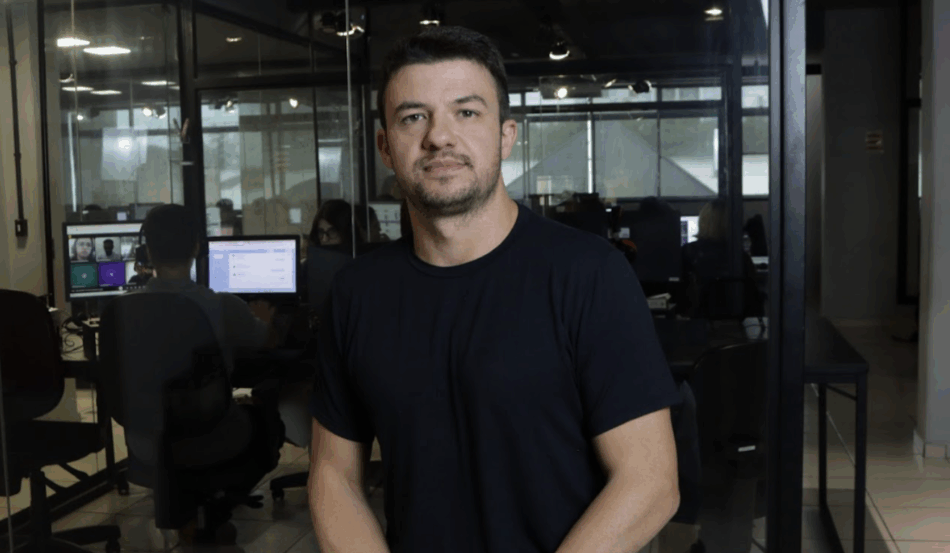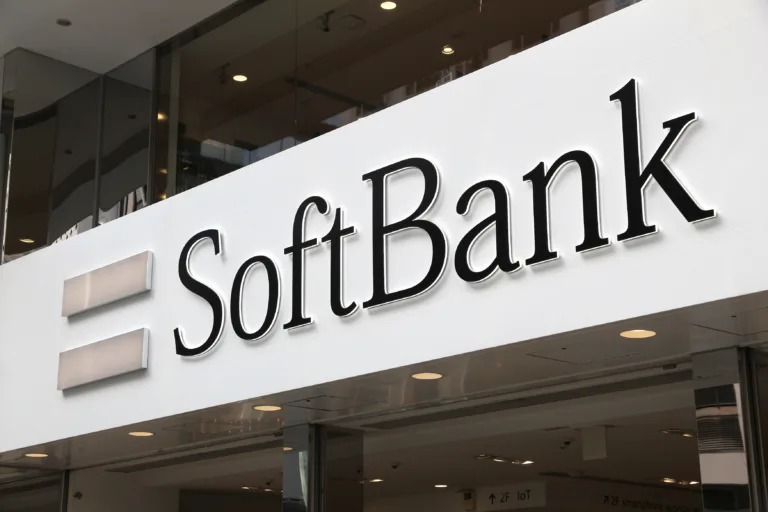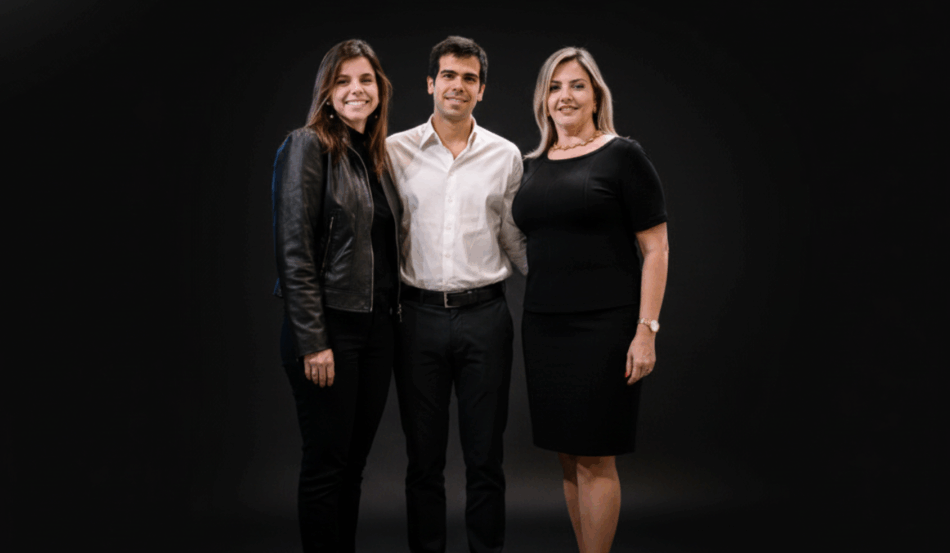
Essa notícia está disponível em português
In 2015, Intuit landed in Brazil after buying ZeroPaper, a financial management software developer focused on small businesses. The transaction allowed the US fintech to usher one of its main products, QuickBooks, into the Brazilian market.
Since then, the company has been ramping up investments in its Brazilian operations. Last year, for example, the company elevated its then head of sales Davi Viana to the country manager position, replacing Lars Leber, who took on the VP role for Australia, emerging markets and global expansion.
“2021 was a busy year at Intuit. We had the arrival of new heads, myself included”, says Tiago Lambuca, formerly an executive at Uber and currently head of strategy at Intuit Brazil, in an interview with Finsiders. “Globally, Intuit ended the year with a customer base of more than 100 million users and revenues of US$ 9.6 billion. Today we are the third largest SaaS company listed on the US stock market.”
With 20 offices across nine countries, the company will accelerate its global expansion in the coming months, primarily focusing on four key markets: Brazil, Mexico, Australia and France. One of the first initiatives right now is to bring software engineering and design teams together in these countries. The professionals will collaborate in the development of new solutions, whilst adapting existing products in the portfolio according to the cultural, language and legislation needs of each country.
The strategy aims to optimize resources and bring more speed to the creation of new solutions and functionalities. When questioned about a potential move to reduce costs, Lambuca says that the combination of teams does not relate to a cost rationalization exercise. Quite the opposite. For instance, the engineering team in Brazil has doubled in size. The company does not disclose the size of that function in the local operation, but says it has more than 4,000 technology professionals globally.
Similarly, the company does not talk about specific data on operations in each country, nor does it reveal projections of increased revenue or customer base. Intuit’s portfolio is currently made up of small and medium-sized companies (SMEs) mainly in the service sector opting for Simples Nacional, a simplified tax scheme for Brazilian SMEs. “We have invoices issued across over 1,000 municipalities, with a concentration in the South and Southeast, as is the distribution of companies in the country”, Lambuca explains.
Regarding the progress of the business in Brazil, the executive simply says that growth in recent years has been “very expressive” and that the focus at the moment is not so much on expanding the base, but on recurring revenue and engagement of current customers.
“Beyond achieving basic goals, having concrete data that our product adds real value is the main focus at the moment. Growing the base without it will create a very temporary notion of success,” he argues. “One of the key areas of focus [in Brazil] is to make improvements to the product, especially with a focus on automation and data integration. [We aim to] achieve more value with less manual user effort.”
Focus on education and portfolio expansion
Financial and entrepreneurial education is another investment area for Intuit’s Brazilian operations this year. Next week, the company launches the QuickBooks Business School, with online courses and practical classes on topics such as business and financial management, and the QuickBooks Club, a virtual environment for platform customers to exchange experiences and experiences about their daily lives. entrepreneurship day.
Another important pillar of the North American fintech strategy in Brazil and in other markets, such as Mexico, is the expansion of the portfolio. One of the most obvious short-term integrations looming ahead is Mailchimp, acquired by Intuit in a deal completed last November. The marketing automation platform has over 13 million users around the world, and half of its revenue comes from countries beyond the US.
“Intuit has a portfolio of products abroad, especially in the US, which can be used in some way to increase the offer in Brazil. The most evident now is Mailchimp”, Lambuca says.
QuickBooks’ global integration – which has more than 8 million SMB customers worldwide – with Mailchimp is expected to take place in the coming months. “Mailchimp already has a good customer base in Brazil, who use the product even without having a Portuguese version yet”, says Davi Viana, country manager at the company.
Intuit’s next step will be in the financial services vertical, with new payment and receipt options for customers – one of the three main pain points identified by companies, alongside access to credit and customer acquisition.
About new initiatives on that front, Lambuca is cautious. “We always try to carefully analyze that movement [of embedding financial services] so as not to fall into an impulse and, thus, risk not having the expected success.”
To advance in the financial services area, the executive says that the path will be via partnerships, and at the moment acquisitions are not on the table. “We have several ongoing conversations with various banking and credit players, especially fintechs, to understand the models and close partnerships. In the future, maybe we can think about M&As,” he says.
The priority in financial services is now bank reconciliation and, above all, the automatic import of bank details from companies that, in general, have more than one account with financial institutions. “Open Banking facilitates this banking integration and data exchange. These services are mainly done through aggregators”, Lambuca points out.
No wonder Intuit closed an agreement with Belvo, an Open Finance platform, in a partnership sealed last year and will be officially launched in May, Lambuca reveals. With operations in Brazil launched in October 2020, as Finsiders reported firsthand, Belvo has more than 120 customers and connections with over 50 financial institutions, in addition to being connected with gig economy players, such as Rappi and Uber.
A crowded market
Intuit’s bet on the SME segment in Brazil is justified. The group represents more than 93% of businesses in the country, according to data from the Brazilian government’s Business Map. The importance of SMEs is such that the segment is responsible for almost 30% of GDP and for more than half of formal jobs in the country.
There are several startups, technology and software companies eyeing that space. These include Contabilizei (which just raised a Series C worth 320 million Brazilian reais) and Conta Azul (which recently bought banking-as-a-service platftfom Swipe to advance its financial services vertical).
Omie, a cloud ERP for SMEs, is also capitalized and has been making inroads in that space, with moves such as the acquisition of the digital bank Linker for 120 million Brazilian reais, in November 2021. Asaas, a company which positions itself as a full-service digital account for companies, acquired Base ERP and the Code Money digital wallet last year.
With a focus on startups, Bhub, owned by Jorge Vargas Neto (ex-Zen Finance, Biva and Rappi Bank) bets on software that enables control management for accounting, financial, tax, HR and legal services. In less than a year, the startup raised capital twice and attracted investors such as Monashees, Valor Capital, QED Investors, Picus Capital and Clocktower VC.
(translation by Angelica Mari)







